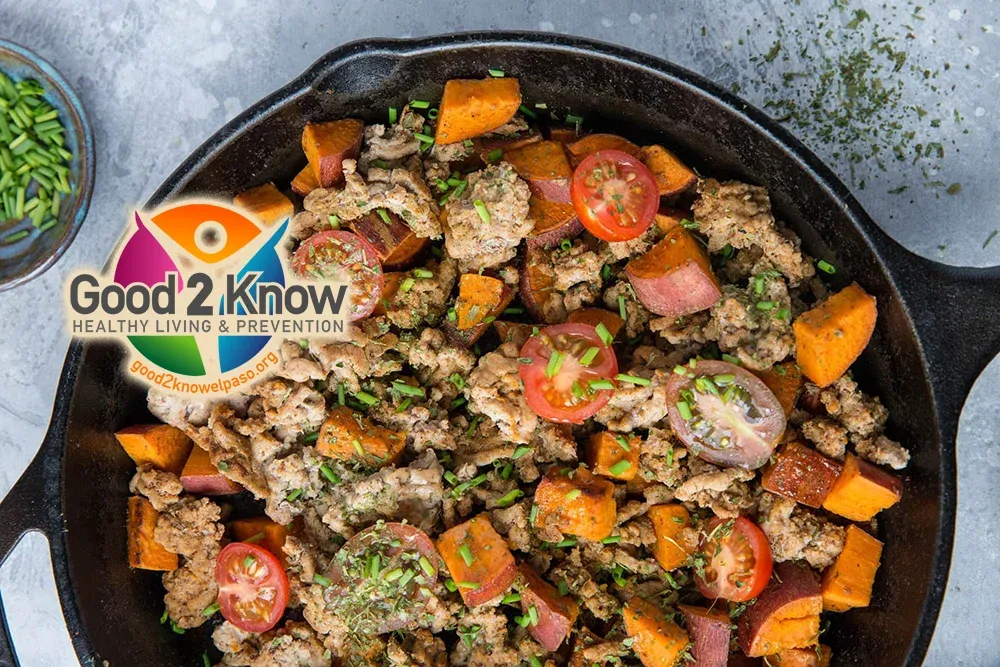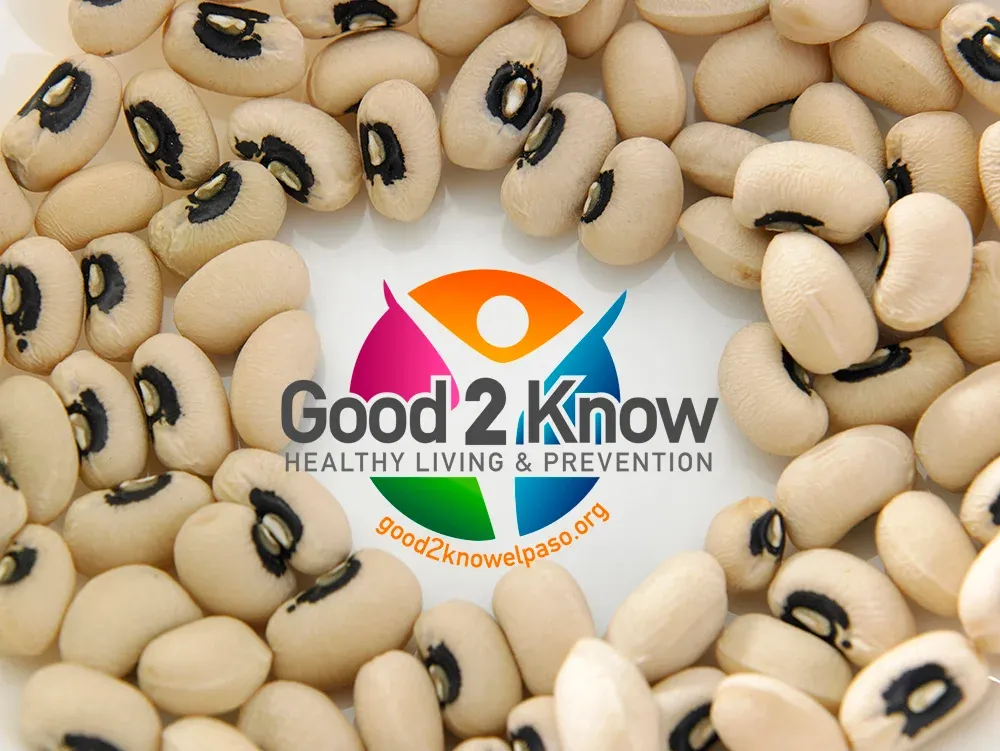With pickleball growing as a popular sport among middle-aged people, it might be time to look at what pickles – the food- can do for our bodies. More than a garnish on your hamburger or the side spear to your turkey sandwich, you can pickle just about anything. A pickle is just a food that’s been preserved in vinegar or brine (salty water). You can pickle beets, asparagus, cauliflower, onions, radishes, tomatoes, or any number of other foods. Pickles, of course, are famous for being flavorful in a pungent way—and they can also be healthy. Here are some key potential health benefits:
1. Contain disease-fighting nutrients
Pickles contain important nutrients, such as vitamin K, fiber, and disease-fighting antioxidants that can target free radicals that might cause damage to your cells.
2. Promote gut health
Some pickles are fermented—that is, “good” bacteria like lactic acid bacteria are added during the preservation process. Research shows that fermented foods, which also include foods like sauerkraut, kimchi, and kombucha, are a rich source of probiotics. Probiotics help keep your gut healthy.
3. Help with weight loss
Loading up on pickles won’t make your excess pounds magically melt away. However, they are a fat-free snack option that may be a good source of fiber. This combination increases your sense of satiety, which may keep you from overeating.
4. Control blood sugar levels
Research suggests that the acetate in vinegar—a key pickling ingredient—seems to help lower blood sugar levels in people with blood glucose abnormalities. A study in the Journal of Diabetes Research found that vinegar reduced post-meal spikes in blood sugar for people with Type 2 diabetes, although the researchers noted that none of the study participants were taking medication that would affect their glucose or lipid metabolism.











